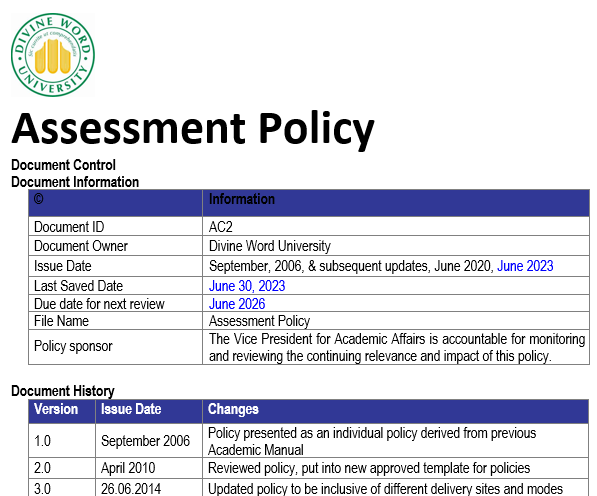Unveiling the Interconnectedness of Foreign Policy Analysis and International Relations
.jpeg)
In this enlightening blog post, we're about to embark on a journey to uncover the three integral features that bind Foreign Policy Analysis (FPA) with the vast realm of International Relations (IR). Our exploration, though limited in scope, will shed light on the interplay between these two crucial fields, inviting you to delve deeper into their intricate connection. Feature 1: Categorization Let's begin our expedition with the first binding feature: categorization. IR, as meticulously defined by Encyclopedia Britannica, is a subfield of political science. The overarching umbrella of political science encompasses the systematic study of governance through empirical and scientific methods. It delves into the mechanisms of the state, its organs, and the institutions that shape its functioning. Delving further, Encyclopedia Britannica elucidates that IR revolve around the intricate tapestry of political relationships and interactions between countries. This encompasses understandi...

